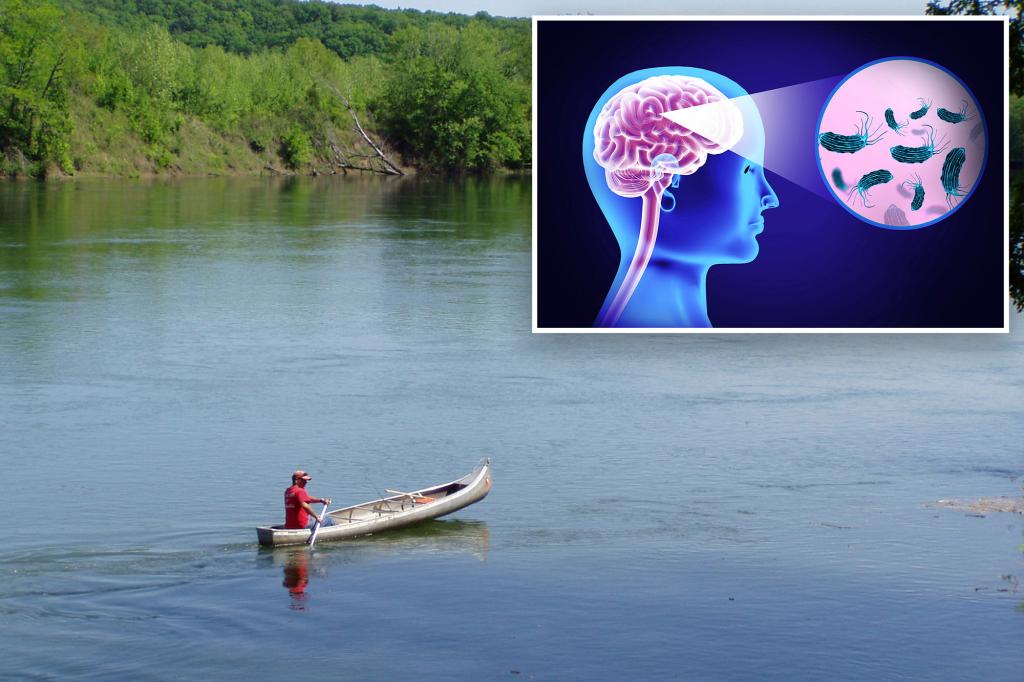A Missouri resident died after being infected with a rare brain-eating amoeba at the Lake of the Ozarks, state health officials announced this week.
The patient, identified only as an adult from Missouri, died Tuesday at a St. Louis-area hospital, the Missouri Department of Health and Senior Services (DHSS) said in a news release.
Officials confirmed on Aug. 13 that the individual had contracted Naegleria fowleri, a microscopic amoeba that causes primary amebic meningoencephalitis (PAM) — a rare but nearly always fatal brain infection often referred to as “brain-eating” disease.
Naegleria fowleri is naturally present in warm freshwater such as lakes, rivers and ponds. The amoeba thrives in river and lake water at 80 to 115 degrees Fahrenheit, especially after storms.
The amoeba infects people when water enters the body through the nose, traveling to the brain where it destroys brain tissue.
Health officials stressed that the infection is extremely rare. Fewer than 10 cases are reported in the U.S. each year.
Since 1962, only 167 cases have been documented nationwide, according to the DHSS. Missouri has confirmed just two other cases in its history — one in 1987, and another in 2022.
The department urged residents and visitors to take precautions when swimming or engaging in water sports in warm freshwater. It recommends holding your nose shut or using clips, avoiding stirring sediment in warm shallow water, not dunking your head in hot springs, and using distilled or boiled water for sinus rinses.
Symptoms of PAM can appear within one to 12 days of exposure and may include severe headache, fever, nausea, vomiting, stiff neck, seizures, confusion and hallucinations. Symptoms are likely to worsen over time, officials noted.
“Early symptoms should prompt a medical evaluation, as they are also signs of bacterial meningitis,” Tammy Lundstrom, chief medical officer and infectious disease specialist for Trinity Health in Michigan, previously told Fox News Digital.
Drinking contaminated water does not present a risk, and the infection does not spread from one person to another, Lundstrom added.
Treatment usually includes a variety of antifungal medications, as well as antibiotics like rifampin and azithromycin, she said.
No other cases are suspected in the area, the health agency stated in its press release.
Fox News Digital has reached out to the Missouri Department of Health and Senior Services for more information.
Read the full article here

